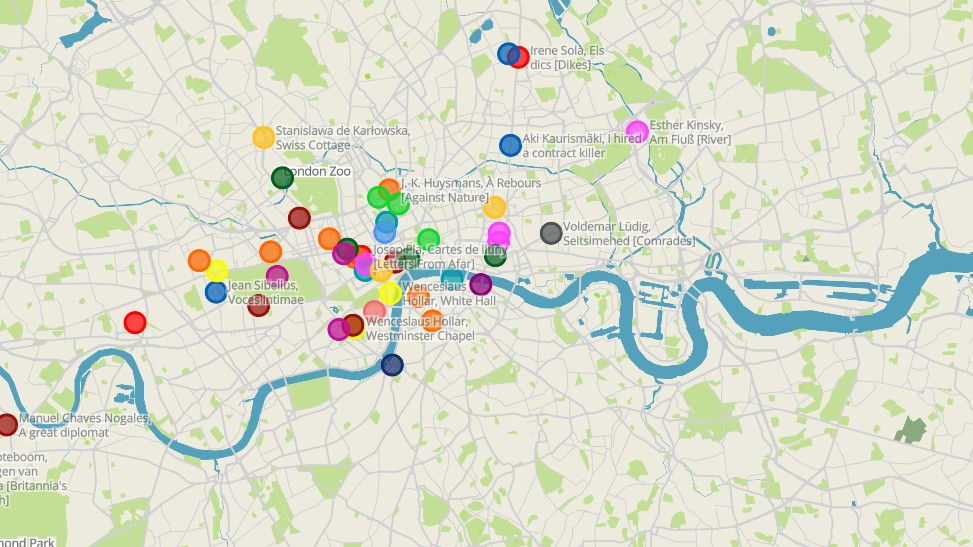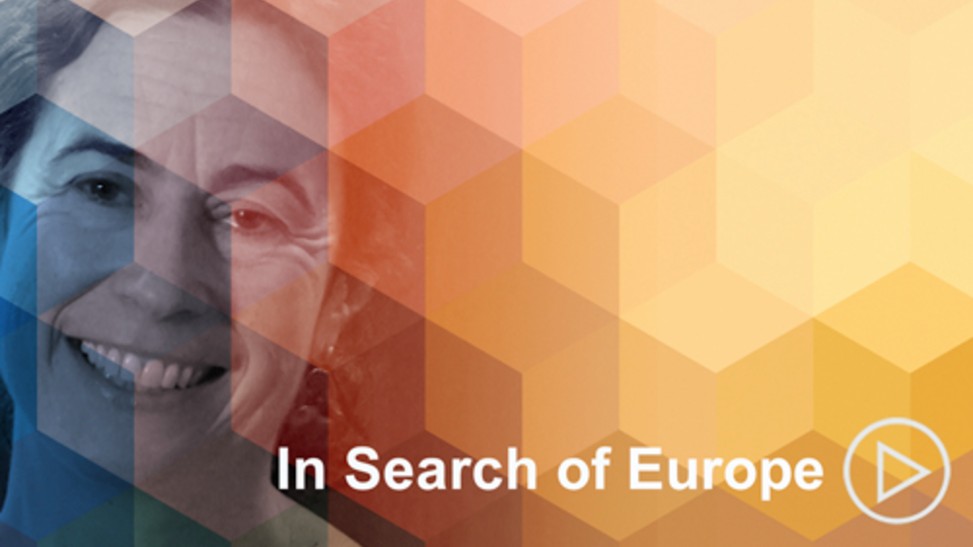Touching Humanity
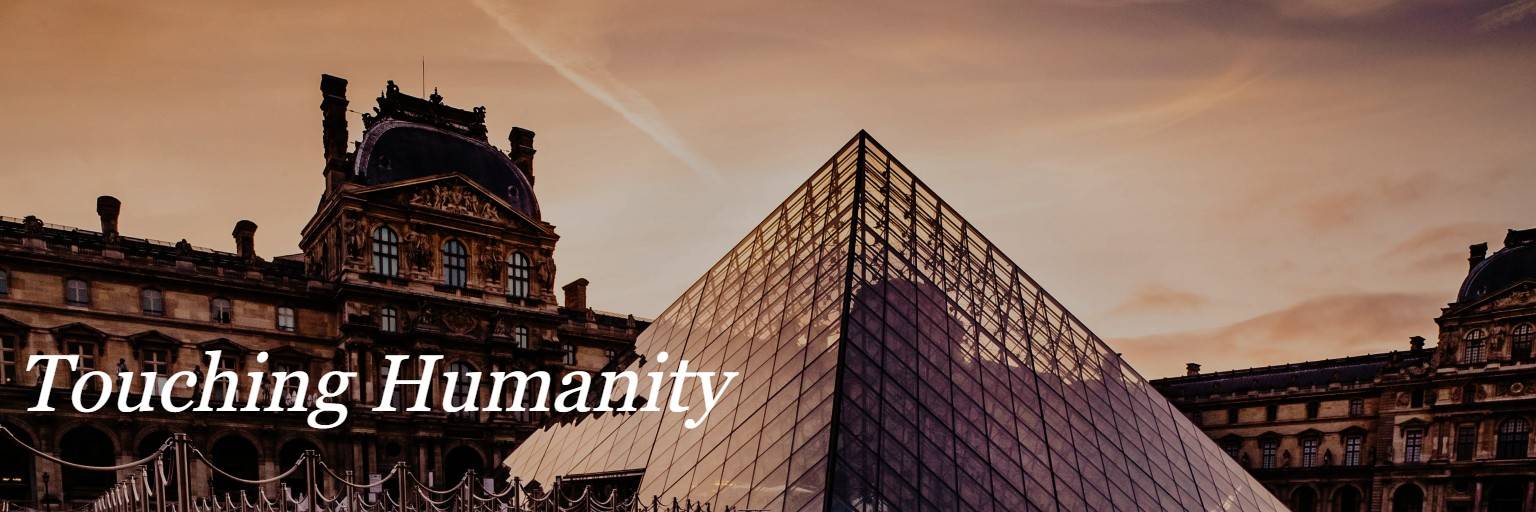 In a year of crisis, political strife, and a thorough reimagining of work and play, our wish this holiday season is for time and space to get in touch with our own humanity. For us, the humanities offer great ways to do this. This new space on our website features our favourite arts and humanities-focused outputs, from podcasts to blog posts. Read on for a selection of thought-provoking and innovative pieces to enjoy over the break and beyond.
In a year of crisis, political strife, and a thorough reimagining of work and play, our wish this holiday season is for time and space to get in touch with our own humanity. For us, the humanities offer great ways to do this. This new space on our website features our favourite arts and humanities-focused outputs, from podcasts to blog posts. Read on for a selection of thought-provoking and innovative pieces to enjoy over the break and beyond.

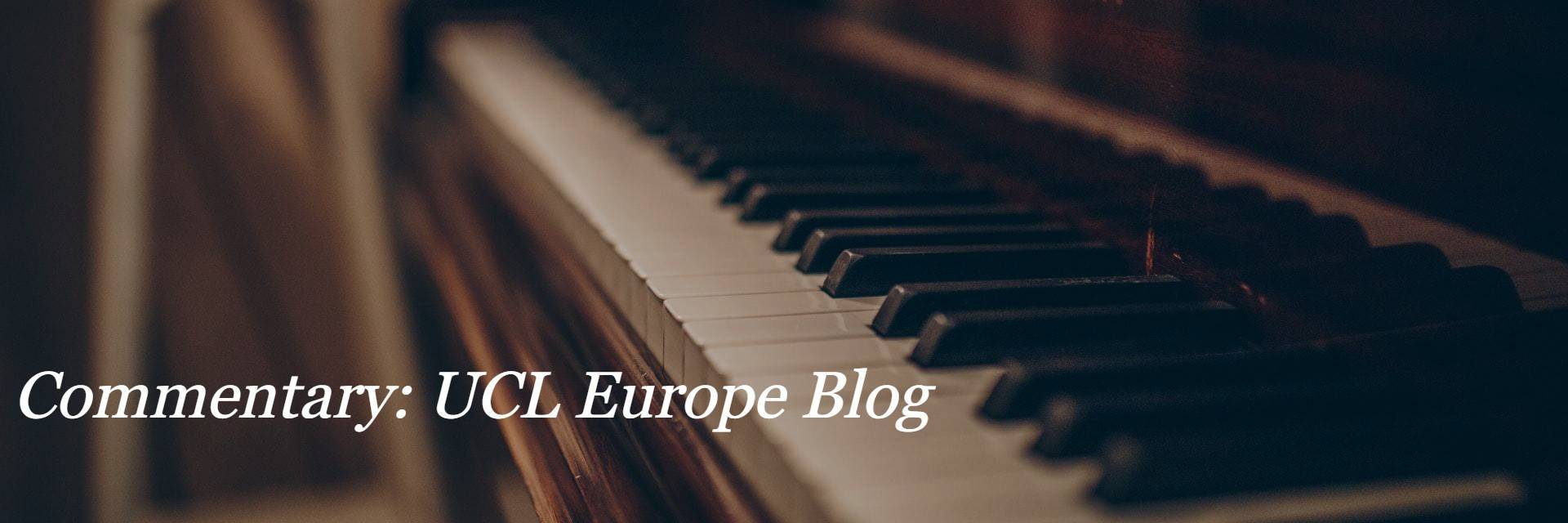
Beards and texts: reading images of masculinity in medieval German literature
Seb Coxon explains what got him interested in researching how beards are portrayed in medieval German literary texts, and how we make make sense of this.
How can community assets, creative health partnerships and social prescribing tackle health inequalities?
Helen Chatterjee, Professor of Biology at UCL and Programme Director for UCL’s new Masters in Creative Health, discusses the urgency for using interdisciplinary and creative approaches to tackle the social determinants of health.
Mapping the Histories of London’s Travellers
UCL alumna Dr Anna Hoare describes her work to produce interactive multimedia maps of London, charting the histories, perspectives and voices of Romany Gypsies and Irish Travellers.
“Islamo-Leftism”, Academic Freedom and Free Speech in French Universities
Philippe Marlière, Professor of French and European Politics at UCL, investigates “Islamo-Leftism” in France to see what it means for academic freedom and free speech in French universities.
In Search of the Vinteuil Sonata
Jennifer Rushworth, Lecturer in French Studies at the UCL School of European Languages, Culture and Society (SELCS), reflects on the search for the Vinteuil Sonata, a creation of French novelist Marcel Proust.
Documenting Post-Socialist Domesticities in the time of the Pandemic
Dr Iulia Statica, Marie Curie Research Fellow at Bartlett School of Architecture, UCL, spent the summer shooting a documentary, ‘My Socialist Home’ and doing fieldwork with women in Bucharest – she explored their everyday experiences of post-socialist housing and how COVID-19 has impacted their way of life in these homes.
Daidalos: The first of Europe's mobile researchers?
Michael Wilson, Emeritus Professor of Microbiology (UCL) and former Pro-Provost for Europe, considers Greek mythology’s Daidalos as an early example of research mobility.
The Modernist Bestiary: a new life for an old form of expression
Timothy Mathews, Emeritus Professor of French and Comparative Criticism, UCL, offers insight into his latest publication ‘The Modernist Bestiary’, a collection which engages with animals, art, and aesthetic, exploring “productive dialogue between thought and art.”
Touching distance – the fine art of keeping apart
Dr Kathryn Murphy, Associate Professor of English and Fellow at Oriel College, Oxford University, on representations of Noli Me Tangere, touching, distance and the fine art of keeping apart.
Roman oratory and the EU referendum campaigns
In addition to marking a politically decisive moment in British history, the campaigns in advance of the referendum on the UK’s membership in the EU were exciting objects of study for Classicists in terms of the political use of oratory, writes Gesine Manuwald, Professor of Latin at UCL.
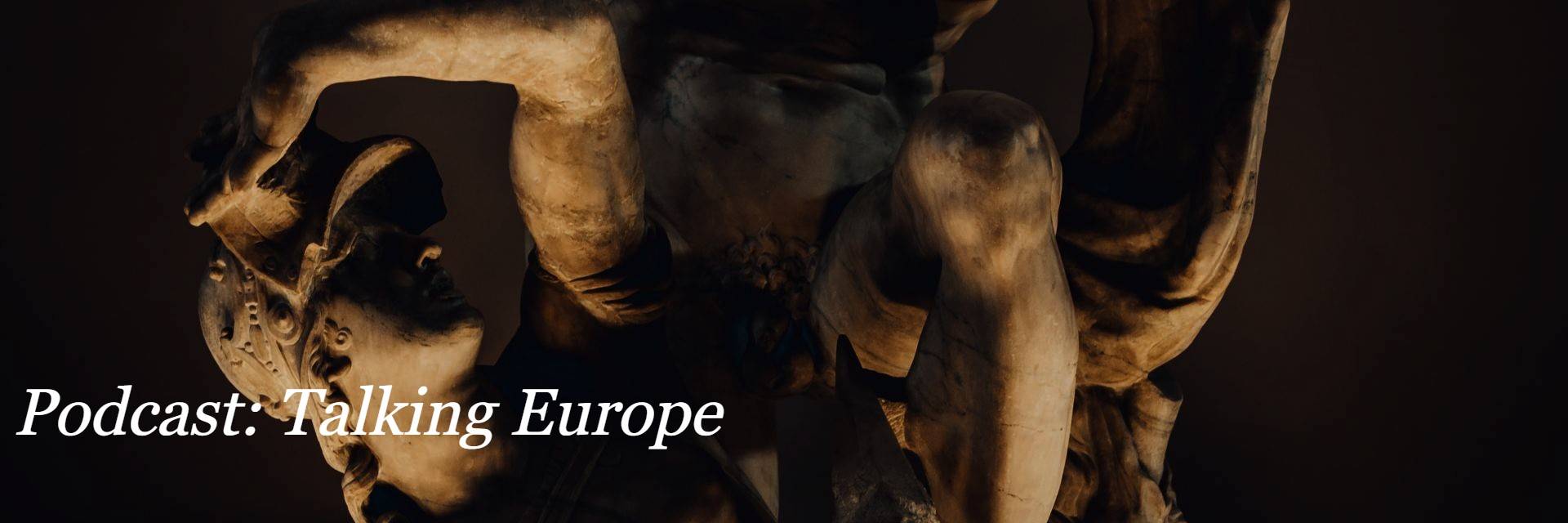 A series of half-hour conversations, which explore - informally and informatively - humanities research across the disciplines:
A series of half-hour conversations, which explore - informally and informatively - humanities research across the disciplines:

Multilingual Metal Music (Riitta-Liisa Valijärvi,Charlotte Doesberg and Amanda DiGioia)
Hannah Arendt and the Ancients (Miriam Leonard)
West German anti-authoritarian protest movements in the 1960s (Mererid Puw Davies)
Performing Femininity in Pre-Revolutionary Russian Cinema (Rachel Morley)
East West Street (Philippe Sands)
Terror and Terroir: The winegrowers of the Languedoc and modern France (Andrew Smith)
Talking Walking with Rachel Bowlby
Making Italian Jews. Family, Gender, Religion and the Nation, 1861–1918 (Carlotta Ferrara Degli Uberti)
Piano image by Geert Pieters on Unsplash
 Close
Close



